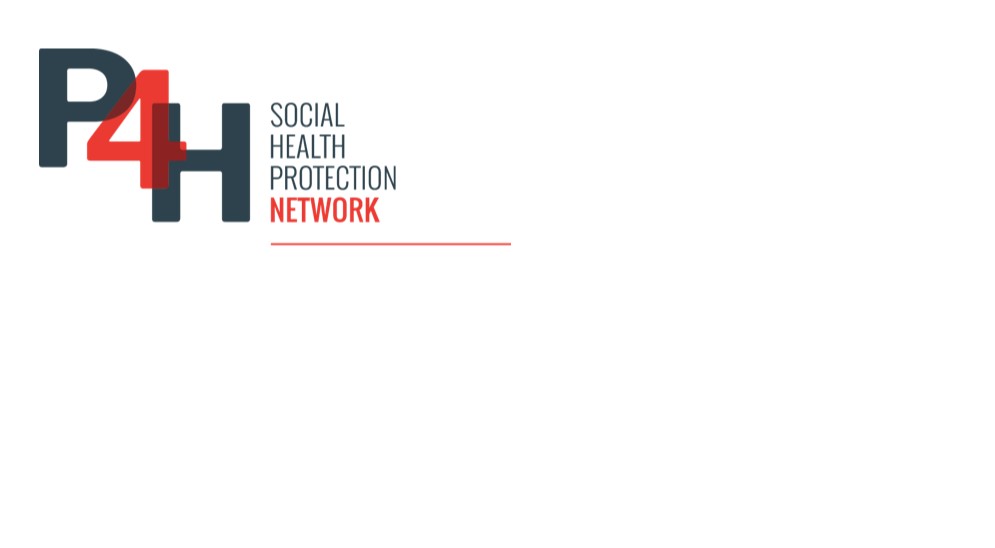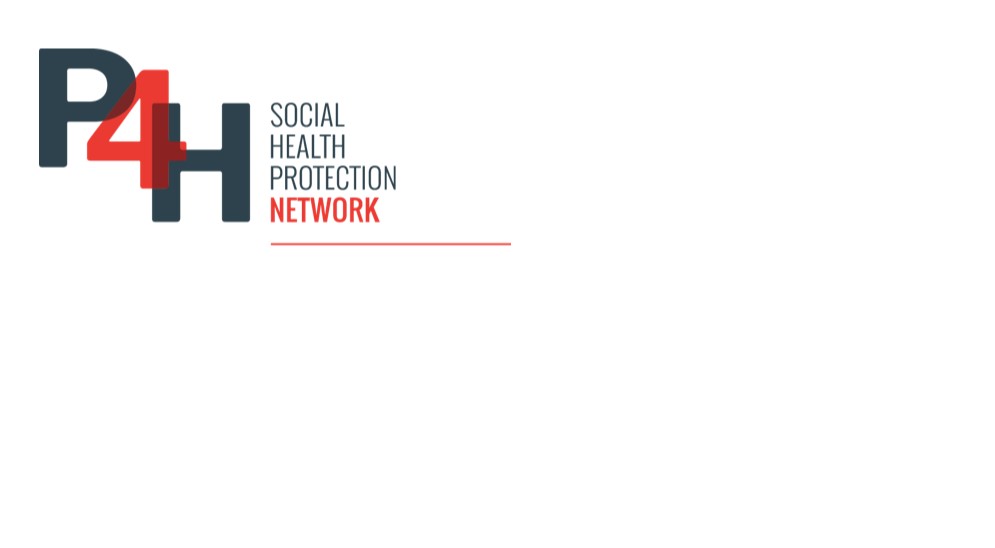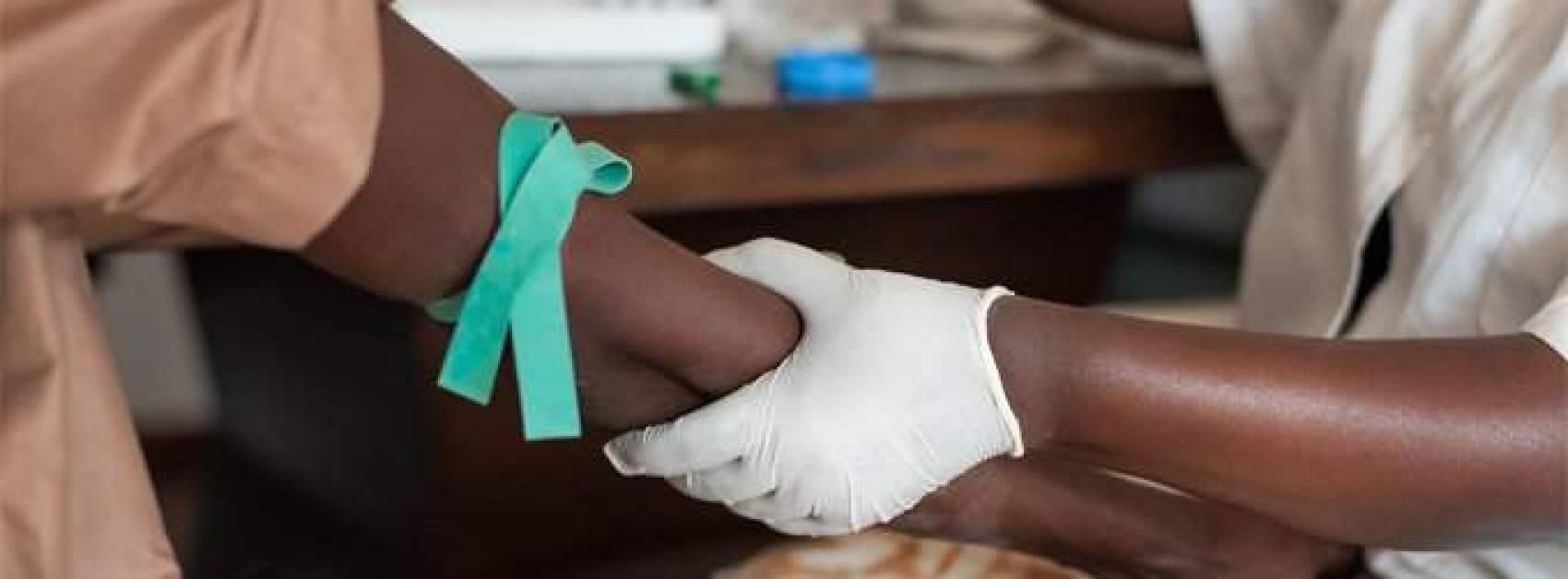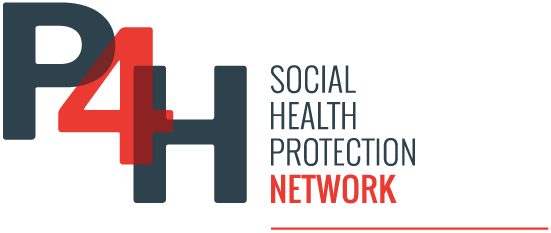COTE D’IVOIRE: LINKS BETWEEN COMPLEMENTARY MUTUAL SCHEMES AND CMU
The implementation of Universal Health Coverage (CMU) in Côte d'Ivoire means that social mutuals have to adapt to this new national policy for financing healthcare. The competence of mutuals' managers is an important issue, given their responsibility for ensuring the...
African Vaccine Acquisition Trust delivers 108,000 doses of COVID-19 vaccine to Ethiopia
African Vaccine Acquisition Trust (AVAT) is pleased to announce the shipment of 108,000 vaccine doses of the Johnson & Johnson single-shot vaccines to Ethiopia on 6th September 2021. This is part of a total of 6.4m vaccine doses to be shipped to African...
Tech platforms key in taking on Covid-19
https://en.vneconomy.vn/tech-platforms-key-in-taking-on-covid-19.htm

The P4H Coordination Desk is looking for a consultant: P4H Asian network community manager
The individual consultant will participate in the knowledge management workstream of the P4H network workplan. His / her functions focus on the documentation of health financing and social health protection reforms and processes through the P4H digital platform. This...
50.9 percent of eligible population in Timor-Leste get first anti-Covid dose
Timor-Leste has reach 50.9 percent or 576,044 of the eligible population receiving at least one dose of the Covid-19 vaccines, while 25.4 percent have been fully vaccinated. Of the 12 municipalities, Dili has the highest percentage of the fully vaccinated population...
Singapore vaccinates 80 percent of the population by end of August
Singapore has achieved 80 percent of the fully vaccinated population. In July, Singapore announced a mobile vaccination campaign to cover older persons or those whose aged 60 years and over in suburban areas of Singapore. With 200 volunteer...
All you need to know about Nepal’s vaccination status
Nepal has launched the vaccination campaign in January 27, 2021. As of August 23, Nepal has administered 13,227,590 doses of vaccine. Of the total population, 4,943,732 people or 16.47 percent have received the first dose, while 3,857,598 people or 12.85 percent...

Japan to use $13 bil. in reserve funds for COVID measures
Japan's cabinet has approved 1.4 trillion yen ($13 billion) in fiscal 2021 reserve funds. This budget is mainly allocated to purchasing COVID-19 vaccines and securing medicines for patients. Of the total budget, the government allocated about 841.5 billion yen...

West Australian government spends $1.9 billion on health system in 2021-22 budget
West Australia plans to allocate $1.9 billion to improve the capacity of the public health system, especially staffing in the upcoming 2021-22 budget. Approximately $1 billion will be directed to health and hospital services. Almost $500 million will be allocated to...

Indonesia allocates Rp255.3 trillion for health in 2022 budget draft
The Indonesian government has provided Rp255.3 trillion, or 9.4 percent of the total planned state expenses of Rp2,708.7 trillion, for the health sector in the 2022 State Budget draft. The health budget will be spent for the COVID-19 pandemic, the health system...

The Lao government supports returning migrant workers
Laos has spent over LAK 15.82 billion on aiding the Lao workers who returned from Thailand since March 2020. The government assistance consists of food, transportation, state quarantine centers, and other necessities. The Lao government has cooperated with the Thai...

Philippines expands benefits coverage
The Philippine Health Insurance Corporation (PhilHealth) has covered admissions in emergency rooms and tents in the hospitals to respond unavailability of hospital rooms. Beneficiaries who stay in the hospital for at least 24 hours are eligible to be...

The P4H Coordination Desk is looking for a KM/Communications Expert for the Commonwealth of Independent States (CIS) countries
The consultant will enhance P4H’s knowledge management and communications primarily through the P4H digital platform. This is an 8-month consultancy (remotely based). Publication on the UNGM: September, 3 2021 Deadline on September, 24 2021 COB...
National Strategic Framework For Development of Health Services 2016 – 2025
Sri Lanka's National Strategic Framework for Development of Health Services 2016-2025 aims to enhance the health system's efficiency, equity, and sustainability. It focuses on improving healthcare quality, expanding access to essential services, and addressing...

AFRICA: Public funding for healthcare: we need to do more!
It is up to African states to find ways of increasing public funding. This would make it possible to develop health systems, study initiatives to improve access to services, and examine and identify the investments needed for health systems. The aim is to put in place...
